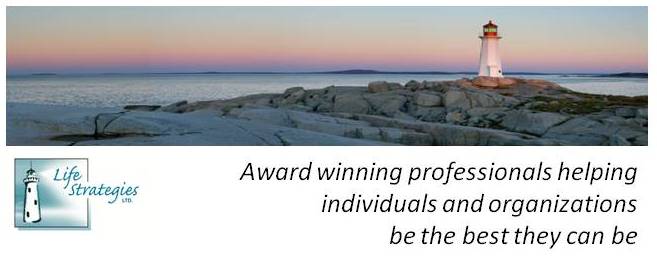On June 11, 2013 I received official notice that I’d graduated from university with a PhD in Human and Organizational Systems, thus ending the doctoral journey that began in the fall of 2007. I hadn’t anticipated the journey to take this long but life has a funny way of forcing you to pause, often when it’s least convenient. The bumps in the road, however, are not the focus of this blog. Instead, I want to focus on the unexpected turns life can take and the untapped potential that can be missed when we define ourselves, or view our clients, from just one perspective.
Fast forward to today and I find myself among a small
contingent of individuals with PhDs, am a leader in my field, and just finished
some pivotal research around what factors help individuals maximize their
career engagement. So, what changed? How was I able to re-write my belief
system, create a new identity, and find hope? Honestly, I’m still not sure how
it all happened but can recognize now, what I couldn’t then . . . whether I
wanted it to or not, ballet had left an indelible mark on my soul. It taught me
life lessons that helped me to grieve the loss of my future, my “self” as I
knew me, and move on. Things like determination, dedication, perseverance, and passion
. . . with a good dose of stubbornness and perfectionism thrown in for good measure.
I distinctly remember people encouraging me to frame a
future attached to the “dancer” identity. As if, somehow, all those years would
be wasted if I didn’t do something related to dance. “Why don’t you teach?” was
a common question and I did give it a try, finding it really wasn’t for me. Others
saw me from a different perspective – through my lacklustre academic performance,
believing that I had sabotaged my future by not doing better in school.
My story, however, is not unique. There are countless young
musicians, hockey players, dancers, and singers who dedicated their youth to
pursuing their passion, not caring about academic performance, then finding themselves
unable to “move up” and uncertain how to “move on.” As CDPs we may see these
clients after, perhaps, becoming young parents, hopping from job to job, or
dropping out of college. I’m reminded of the teenage mother who had once been
on the fast track to Olympic stardom in figure skating and the young man who,
after an injury sidelined an incredibly promising tennis career developed a
problem with addiction; both of these people were defined by this new life,
with their counsellors not realizing or recognizing the highly skilled
individuals they still were, underneath their current circumstances.
I realize our time with clients is often short but it is important to take the time to consider your clients’ stories – what their journeys to your office have entailed and the skills and personal strengths they’ve developed along the way. Focus beyond the skills developed in work or school to consider how the full range of life activities has influenced the individual sitting in front of you today.




